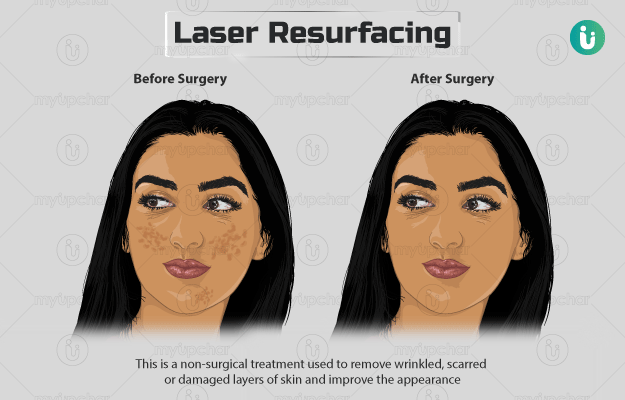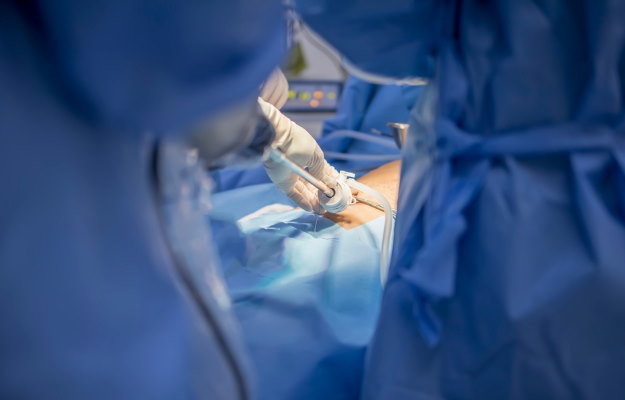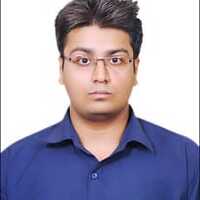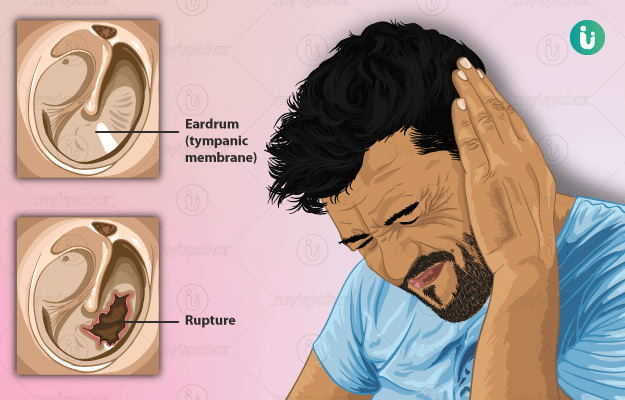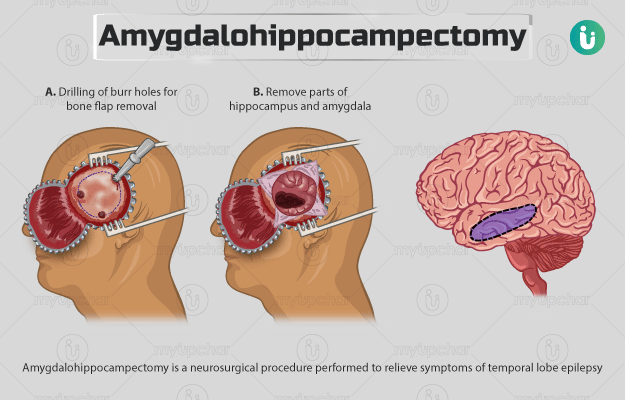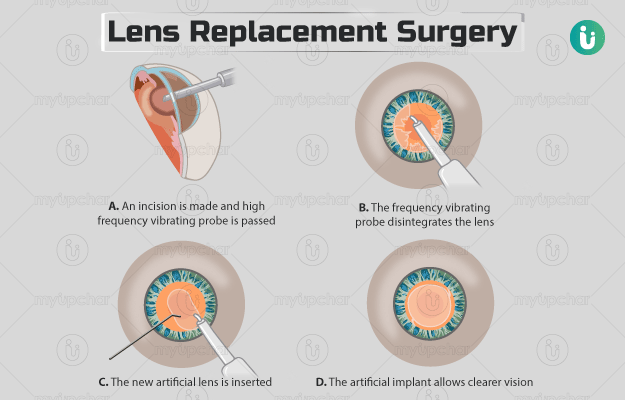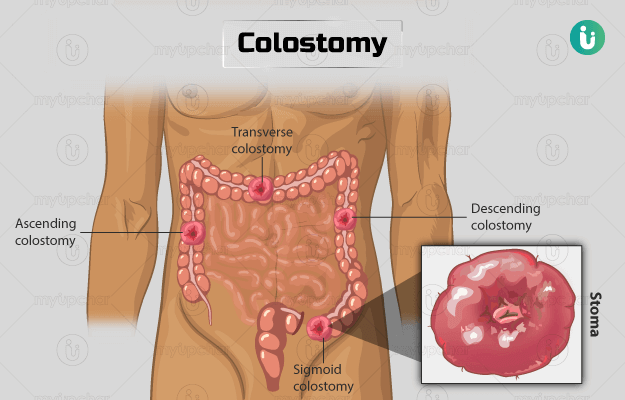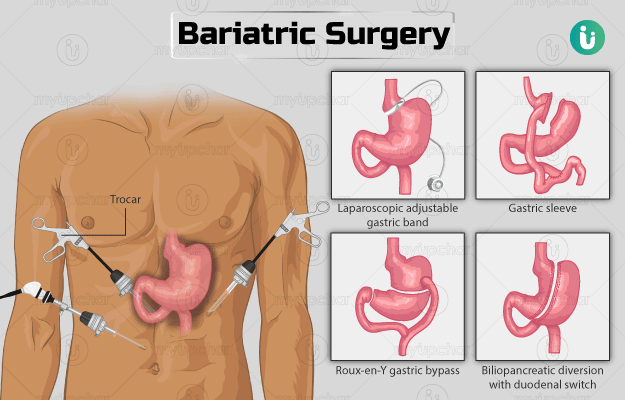Laser skin resurfacing is a procedure wherein, short, concentrated pulses of high-energy light are used to remove damaged or aged outer layers of skin. The treatment is generally performed on the face.
Laser skin resurfacing is conducted either under local anaesthesia (you will be awake) or general anaesthesia (you will be asleep) to make the procedure pain-free.
The preparation for the treatment may be started four to six weeks before the actual procedure. During the treatment, the surgeon will clean and mark the skin to be operated on, and pass the laser over the marked area multiple times, depending on the type and size of the skin to be treated. The treatment is highly effective in improving the appearance of scars resulting from skin conditions.

